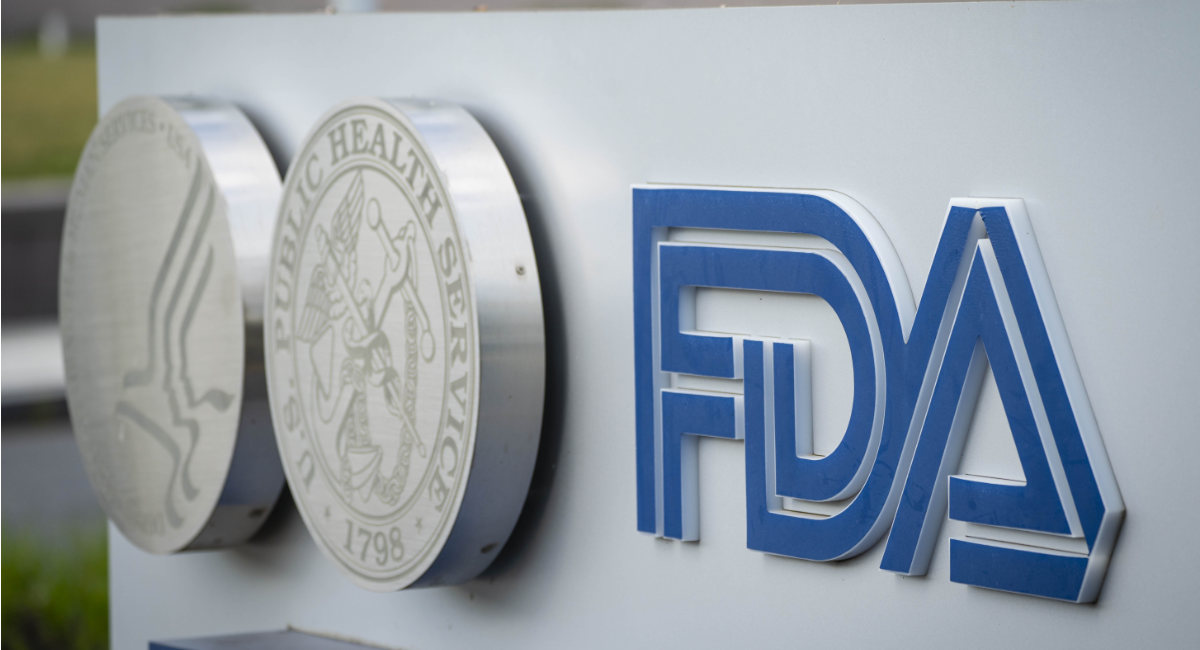As the legality of the FDA’s approval of the abortion pill currently sits at the center of a lawsuit, two states have taken action to ensure that the abortion drug mifepristone will remain available even if the FDA withdraws its approval.
On April 27, lawmakers in Vermont’s House and Senate passed House Bill 89, which protects chemical abortion drugs, saying, “‘reproductive health care services,’ includes medication that was approved by the U.S. Food and Drug Administration for termination of a pregnancy as of January 1, 2023, regardless of the medication’s current FDA approval status.”
Vermont state Senator Virginia Lyons said that if the FDA is forced to withdraw its approval for mifepristone, manufacturers can no longer market the drug. “But production can still take place and they can be purchased for use by pharmacists or providers. So it’s still available but what this does is it says, with or without FDA approval, this drug is available to folks in the state of Vermont. And that’s a big deal,” Lyons said.
Similarly, in Washington State, Governor Jay Inslee signed Senate Bill 5768, which authorizes the Department of Corrections to acquire, sell, deliver, distribute, and dispense mifepristone. Earlier this month, the state stockpiled 30,000 doses of mifepristone as an “insurance policy” should the FDA overturn its approval of the drug. The bill allows the DOC to sell abortion pills to abortion facilities, whether or not the patient is in its custody.
“The people of Washington have demonstrated time and again — in polls and at the ballot box — that we support the right to reproductive freedom,” said Sen. Karen Keiser, the bill’s sponsor. “But that right means nothing without actual access to care. For 10,000 women every year in our state, that right comes down to having access to mifepristone. We cannot allow an unelected judge in Texas to ignore more than two decades of evidence and deny Washingtonians a safe, effective medication for their reproductive choice.”
Greer Donley, an associate professor at the University of Pittsburgh School of Law who is an expert in abortion law, told the Associated Press that even if a drug is not legally approved by the FDA, it is rare for the administration to enforce a ban, and not likely it would do so in the cases of Vermont and Washington. He noted that though medical cannabis is not federally legal, the U.S. has not intervened when states allow it.
“The question about whether federal food and drug law is not only the floor but also the ceiling is a very hot and unsettled question in food and drug law,” Donley said.







